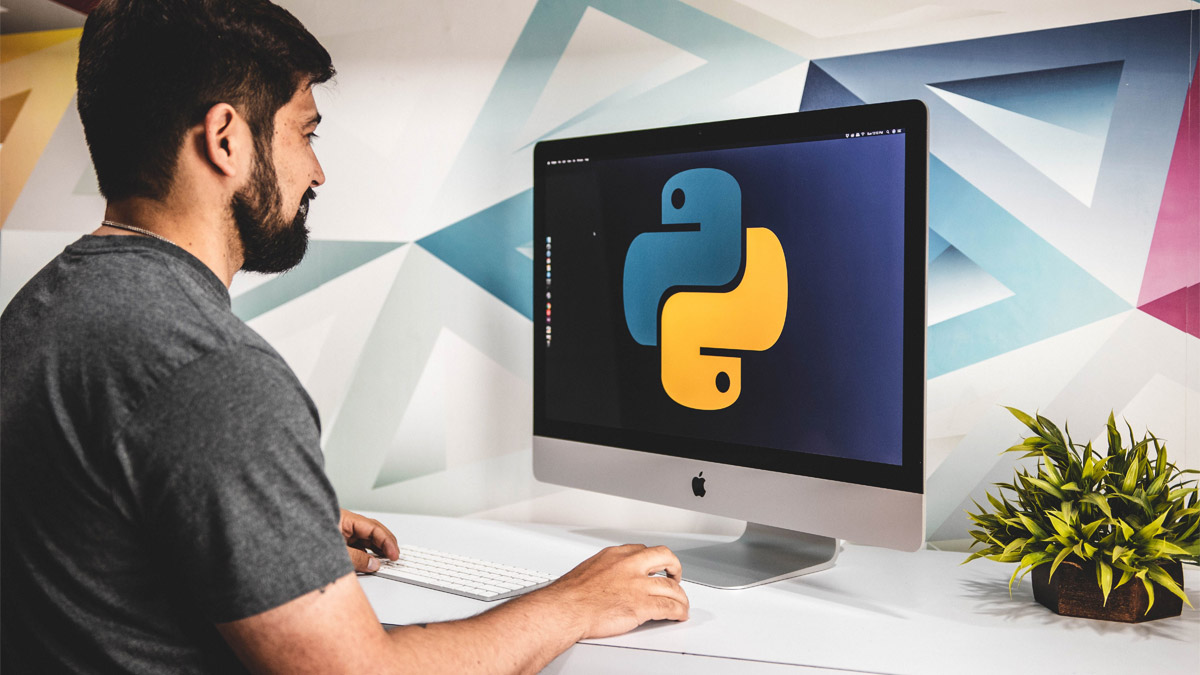Introduction
Are you new to Python and seeking for fun, simple projects to practise your coding skills? You are in the correct place! Python is one of the easiest programming languages to learn, making it ideal for anyone just getting started with coding. The greatest approach to learn is to create real-world projects, and in this blog, we’ll lead you through ten simple Python project for beginners that will help you improve your problem-solving and confidence. Whether you want to make a game, automate a process, or develop a simple application, these projects can help you get started.
10 Simple Python Projects for Beginners to Boost Your Coding Skills
1. Number Guessing Game
Why build this?
- Improves logical thinking and user input handling.
- Helps you understand conditional statements and loops.
How it works:
- The program randomly selects a number within a range (e.g., 1 to 100), and the user has to guess it.
- After each guess, the program provides hints (higher or lower).
- The game continues until the correct number is guessed.
2. Simple Calculator
Why build this?
- Reinforces basic arithmetic operations and user input handling.
- Teaches function creation and user interaction.
How it works:
- The program asks users to enter two numbers and an operation (+, -, *, /).
- It then performs the calculation and displays the result.
Bonus: Add an option to perform multiple calculations without restarting the program.
3. To-Do List Application
Why build this?
- Enhances data storage and retrieval skills.
- Introduces file handling (saving and reading tasks from a text file).
How it works:
- Users can add, remove, and view tasks.
- The program saves tasks to a file, so they are not lost when the program exits.
Bonus: Add a feature to mark tasks as completed.
4. Password Generator
Why build this?
- Strengthens knowledge of randomisation and string manipulation.
- Helps understand security concepts.
How it works:
- The program generates a strong password based on user preferences (length, uppercase/lowercase, numbers, and special characters).
- Displays the generated password for the user to copy.
Bonus: Store passwords securely using encryption.
5. Rock, Paper, Scissors Game
Why build this?
- Introduces game logic and decision-making.
- Enhances user interaction experience.
How it works:
- The user chooses rock, paper, or scissors.
- The program randomly selects one of the options.
- It then determines the winner based on the game rules.
Bonus: Track the score over multiple rounds.
Also Read – How to Sort List in Python?
6. Weather App (Using API)
Why build this?
- Introduces API integration.
- Provides hands-on experience with real-world data handling.
How it works:
- The program fetches weather data from an online API (e.g., OpenWeatherMap).
- The user inputs a city name to get real-time weather details.
Bonus: Display weather conditions using a graphical user interface (GUI).
7. Countdown Timer
Why build this?
- Teaches time management functions in Python.
- Useful for productivity.
How it works:
- The user enters a countdown time (in seconds or minutes).
- The program counts down and alerts when the time is up.
Bonus: Add a feature to schedule reminders.
8. Hangman Game
Why build this?
- Reinforces string manipulation and game logic.
- Makes learning loops and conditionals fun!
How it works:
- The program selects a word at random.
- The user guesses letters one by one.
- If they guess incorrectly too many times, they lose.
Bonus: Use a list of words from a file or an API.
9. Basic Expense Tracker
Why build this?
- Introduces data storage and manipulation.
- Helps with financial tracking.
How it works:
- The user records expenses with descriptions and amounts.
- The program calculates total spending and categorises expenses.
Bonus: Store data in a CSV file or a database for better management.
10. Dictionary App
Why build this?
- Introduces working with APIs and data structures.
- Enhances search and retrieval skills.
How it works:
- The user enters a word.
- The program fetches the definition from an online dictionary API.
Bonus: Add synonyms and pronunciation features.
Conclusion
Starting with small, manageable tasks is the most effective method to improve your Python skills. These ten basic Python project for beginners will provide you with practical experience and a firm foundation in programming. Regular practice can boost your confidence and prepare you to take on more challenging assignments.
So, which project are you going to develop first? Let us know in the comments and happy coding!
FAQs
Yes! These projects are designed for beginners with basic Python knowledge. If you understand variables, loops, and functions, you can build them!
Some projects require extra libraries like requests for APIs or random for generating numbers. You can install them using pip install.
It depends on your experience, but most projects can be completed in 30 minutes to a few hours. Take your time and learn as you build.
Absolutely! These are great beginner projects to include in a portfolio, demonstrating your skills and problem-solving abilities.
Once you feel confident, try modifying these projects to add more features. You can also explore intermediate projects like a web scraper or a chatbot!
When you are new to Python, the best method to learn is to apply your knowledge through real tasks. Beginner-friendly projects help you grasp how coding logic works while also providing you with something practical to demonstrate. Consider using a command-line calculator for basic operations like addition, subtraction, multiplication, and division.
- To-Do List App – A project that allows you to add, update, and delete tasks, giving you practice with lists and file management.
- Number Guessing Game: It is a fun approach to improve your grasp of loops, conditions, and user input.
- Password Generator – Learn about randomisation by building a tool that generates strong, secure passwords.
- Basic Quiz Game – Create a multiple-choice quiz in which users answer questions and obtain scores.
These projects are not only beginner-friendly but also teach you core programming concepts such as variables, loops, conditionals, and functions.
If you are looking for projects that are simple yet engaging, you can start small and gradually add new features as you gain confidence. Some simple Python projects to try include:
- Dice Roller Simulator – Mimics rolling a dice using Python’s random module.
- Unit Converter – Convert temperatures (Celsius to Fahrenheit), distances, or weights.
- Digital Clock – Display the current time using Python’s time module or tkinter for a graphical version.
- Weather App – Fetch live weather data using an API and display it neatly in your terminal.
- Text-Based Adventure Game – A story-driven project that uses conditionals and loops to create interactive choices.
These projects are small enough to complete in a few hours but are powerful learning experiences that boost your coding confidence.
Practicing with practical projects allows you to apply theory while also acquiring creative problem solving skills. Some really useful beginner Python projects for practice are:
- Expense Tracker – Allows you to record and summarise spending while also introducing topics such as file storage and data management.
- Contact Book – Stores names, phone numbers, and emails, allowing you to gain experience with dictionaries and data structures.
- Simple Alarm Clock – Uses Python to play a sound or display a message at a specific time.
- Tic-Tac-Toe Game – Create a two-player board game while learning about arrays, loops, and conditionals.
- Currency Converter – Use APIs to obtain real-time currency rates and gain experience working with external data.
These projects provide practical value while helping you understand how Python can solve real-world problems. More importantly, they give you portfolio-worthy examples to showcase your skills as you continue your coding journey.







